- Is ISIS making a comeback? : Sources & Methods NPR
- ISIS Never Really Went Away The Atlantic
- Islamic State is back and the West is woefully underprepared The Telegraph
- ISIS Attacks In Syria And Australia Renew Global Fears Evrim Ağacı
- What is…
Category: 2. World
-
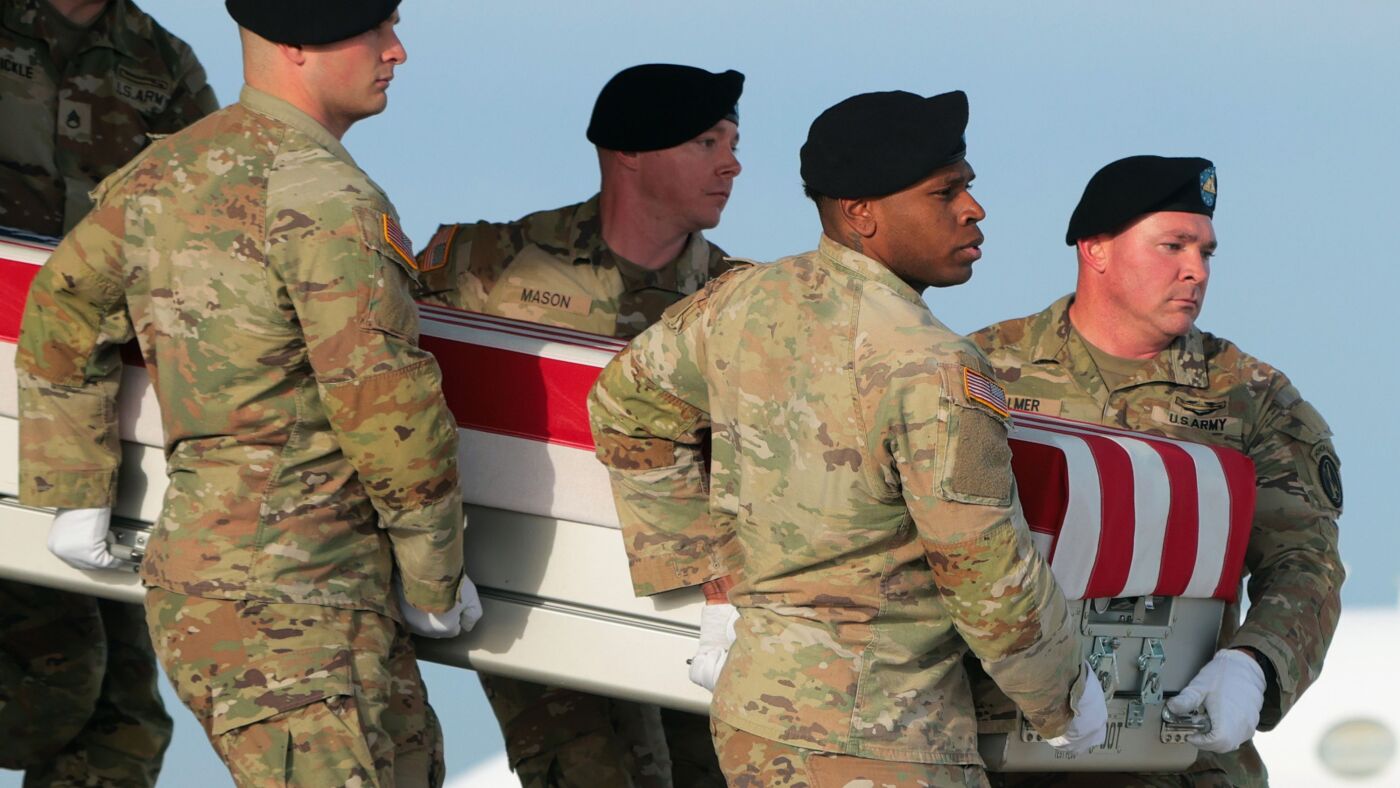
Is ISIS making a comeback? : Sources & Methods – NPR
-
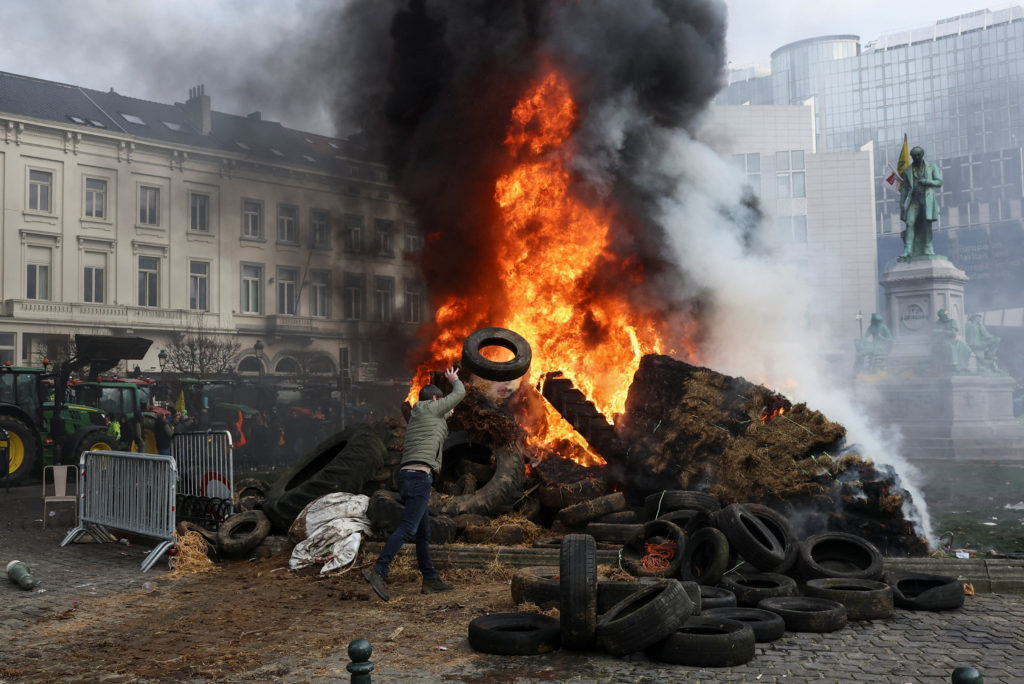
EU delays massive free-trade deal with South American bloc Mercosur amid farmer protests
BRUSSELS (AP) — The European Union is delaying a massive free-trade deal with South American countries after fiery protests by farmers and last-minute opposition by France and Italy threatened to derail the pact, seen…
Continue Reading
-

Australia to review migration laws after Bondi Beach shooting : NPR
Australia looks to review its migration laws and crack down on hate speech following Sunday’s mass shooting attack at Sydney’s Bondi Beach.
MARY LOUISE KELLY, HOST:
Australia’s government…
Continue Reading
-
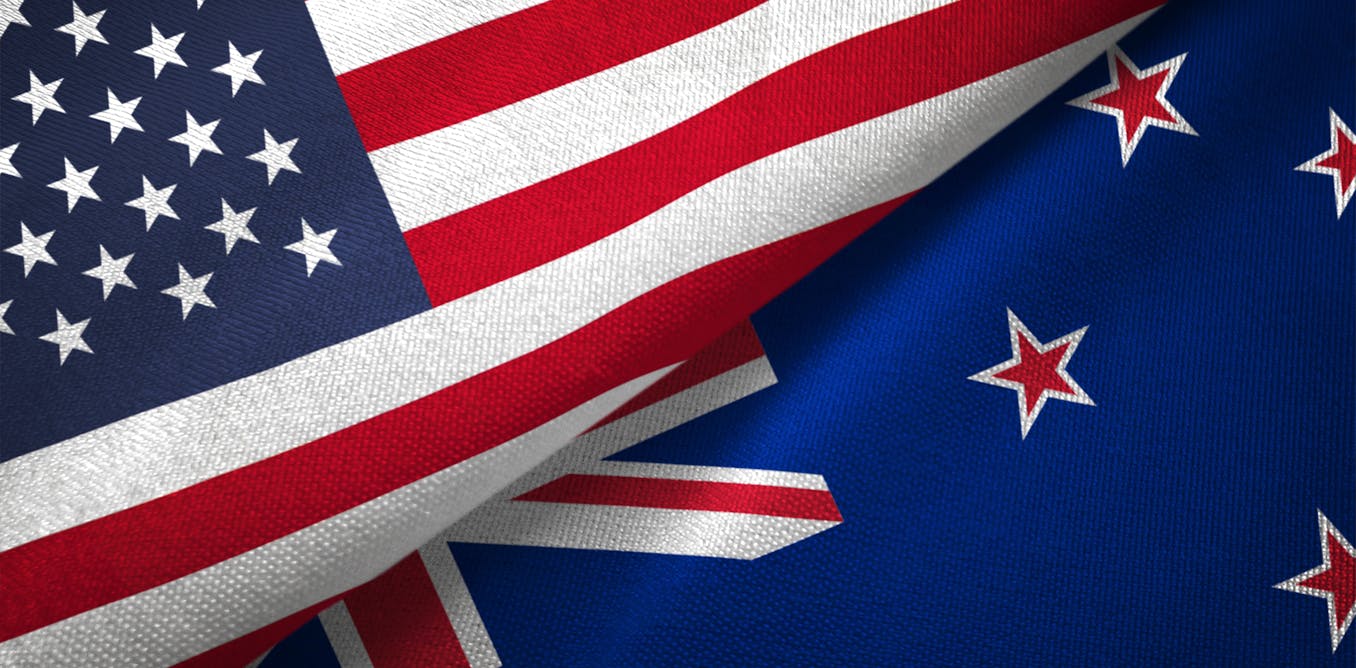
Trump’s new security strategy exposes the limits of NZ’s ‘softly-softly’ diplomacy
President Donald Trump’s recently-issued National Security Strategy marks a decisive break in United States foreign policy. It also poses an uncomfortable challenge for New Zealand and other countries that have long depended on a…
Continue Reading
-
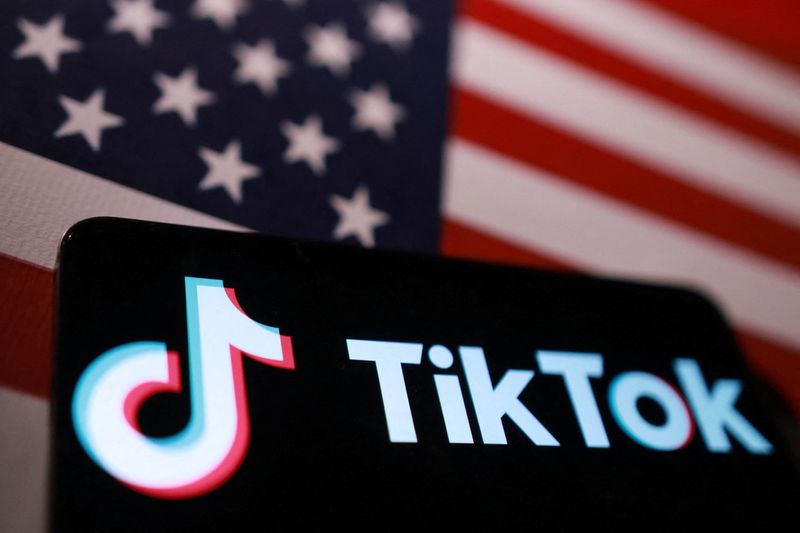
China’s ByteDance signs deal to form joint venture to operate TikTok US app
By David Shepardson
WASHINGTON, Dec 18 (Reuters) – TikTok’s Chinese owner ByteDance signed binding agreements to form a joint venture that will hand control of operations of TikTok’s U.S. app to American and global investors, in a big step…
Continue Reading
-

Bondi paddle-out sends waves of ‘love and peace’ to honour shooting victims | Bondi beach terror attack
As the sun rose over Bondi beach on Friday, splashes and cheers echoed as thousands formed a circle in the ocean to honour the victims of Sunday’s terrorist attack and support the Jewish community.
Surfers, runners, pregnant women and children…
Continue Reading
-

Venezuelans brace for hardship as Trump threatens oil blockade – NPR
- Venezuelans brace for hardship as Trump threatens oil blockade NPR
- Trump orders blockade of ‘sanctioned oil tankers’ into Venezuela, ramping up pressure on Maduro AP News
- Does the US have any real claim on Venezuelan oil as Stephen Miller says?
Continue Reading
-
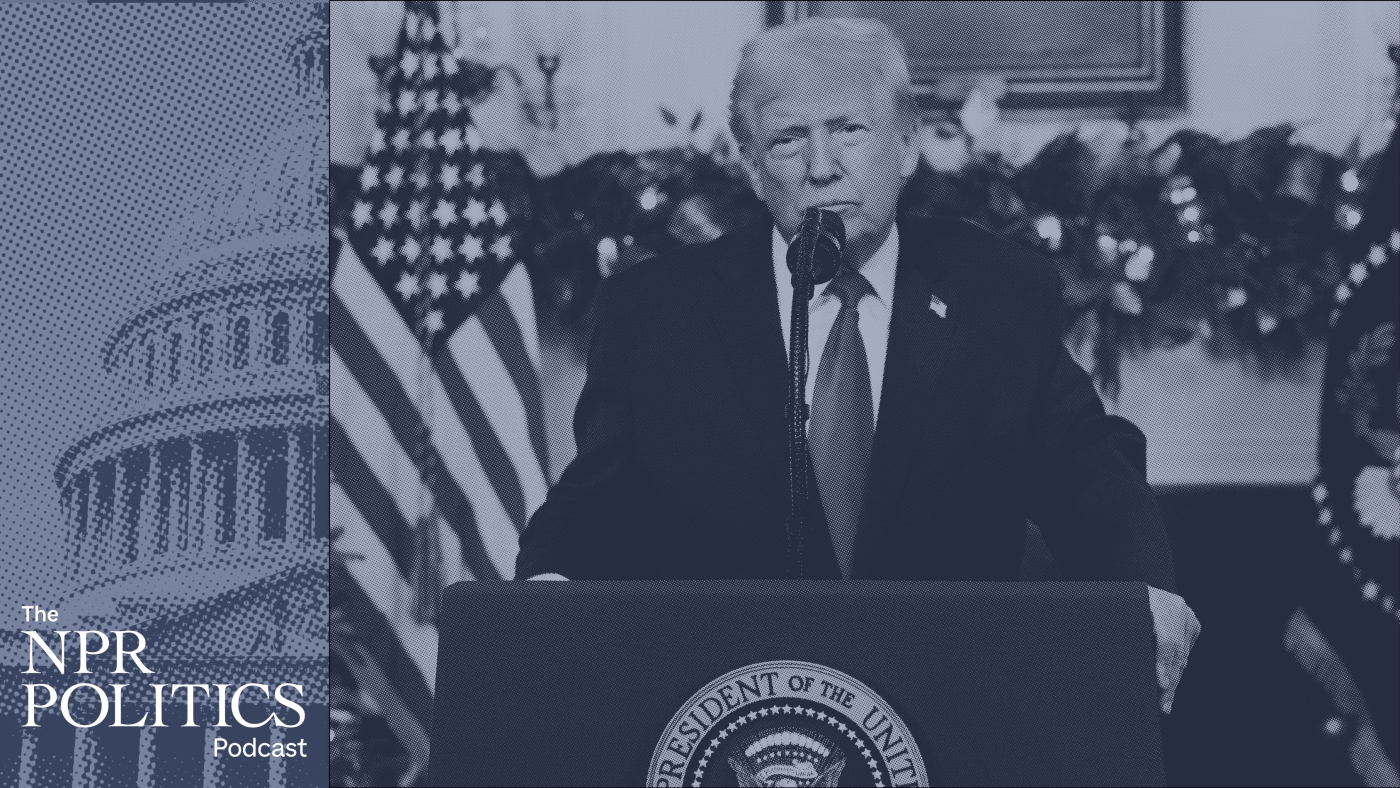
Did Trump’s speech comfort Americans struggling with high prices? : The NPR Politics Podcast : NPR
President Donald Trump speaks during an address to the nation from the Diplomatic Reception Room at the White House,…
Continue Reading
-
Redefine Small Drones to Get Them to Warfighters | Proceedings – December 2025 Vol. 151/12/1,474 – U.S. Naval Institute
- Redefine Small Drones to Get Them to Warfighters | Proceedings – December 2025 Vol. 151/12/1,474 U.S. Naval Institute
- Training Like It’s 1993: We’re Still Not Doing Enough to Integrate Drones Modern War Institute –
- Special operators seek…
Continue Reading
-
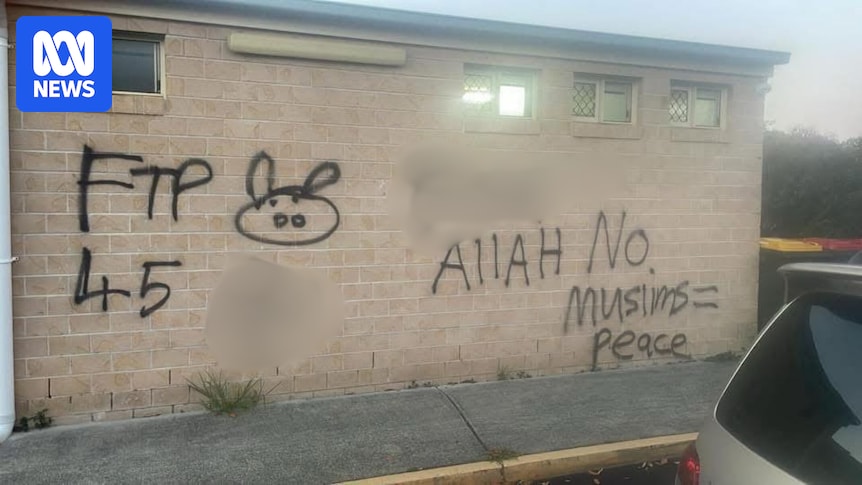
Queensland police investigating Nazi symbol and offensive words graffitied on Brisbane mosque
Queensland police are investigating offensive graffiti, including a Nazi symbol, which was spray-painted onto a wall of a Brisbane mosque.
WARNING: The following story contains an image of a Nazi symbol.
Offensive words including “F**k Allah” and…
Continue Reading